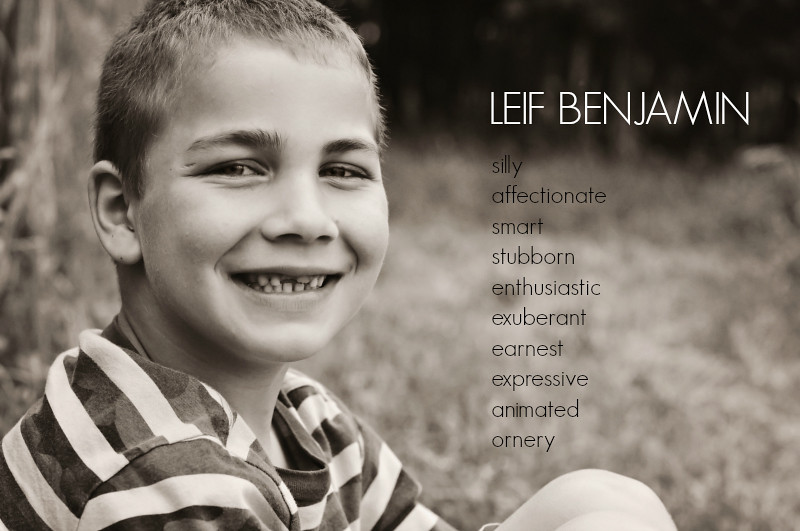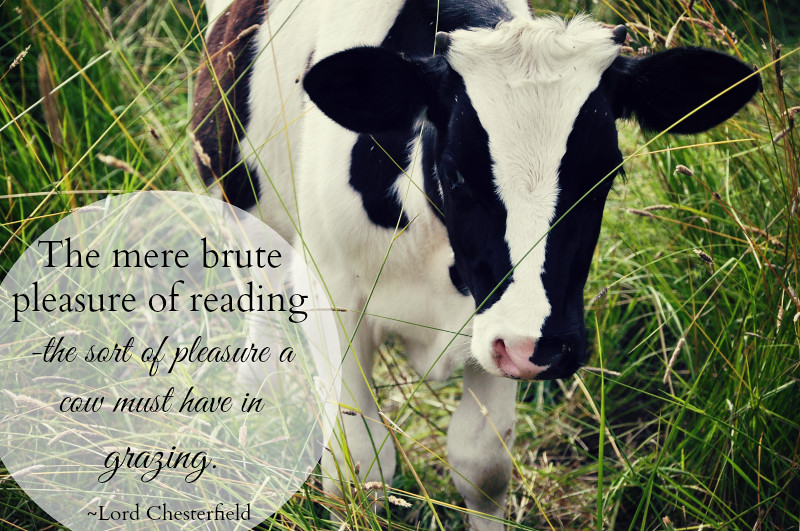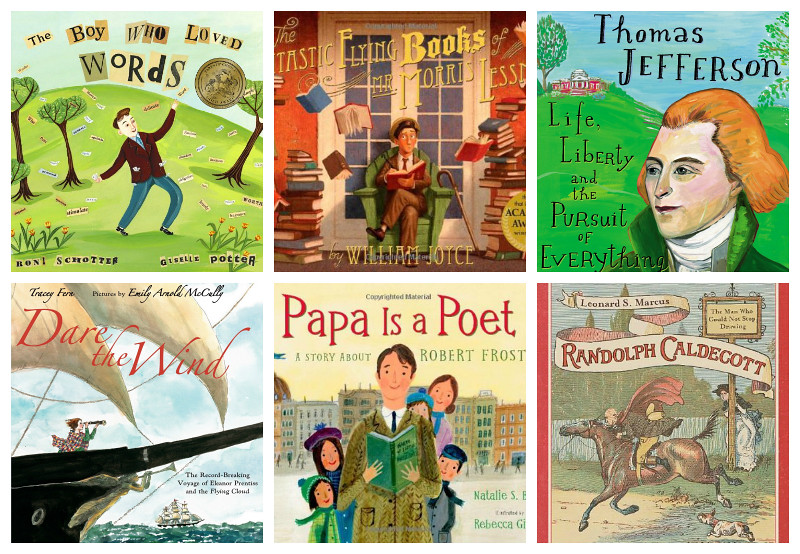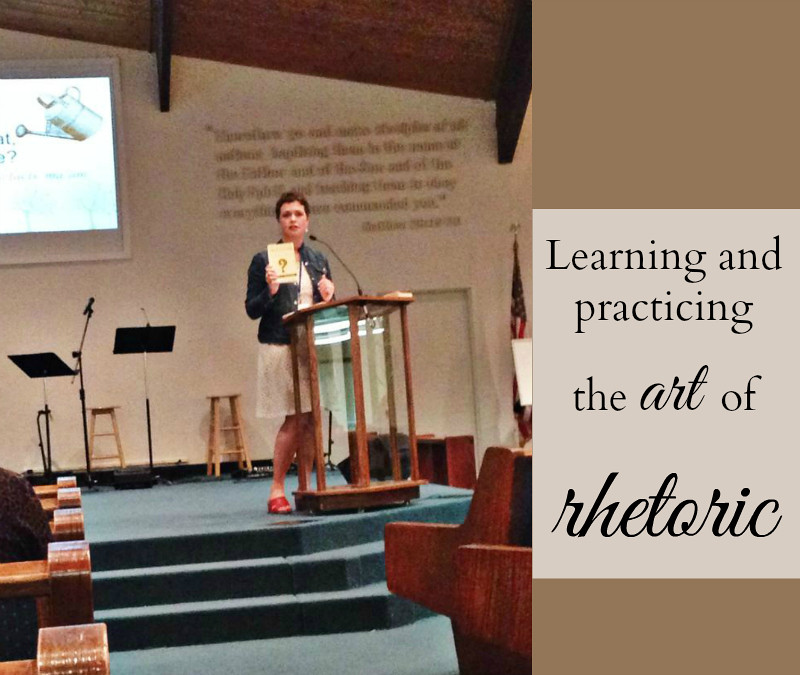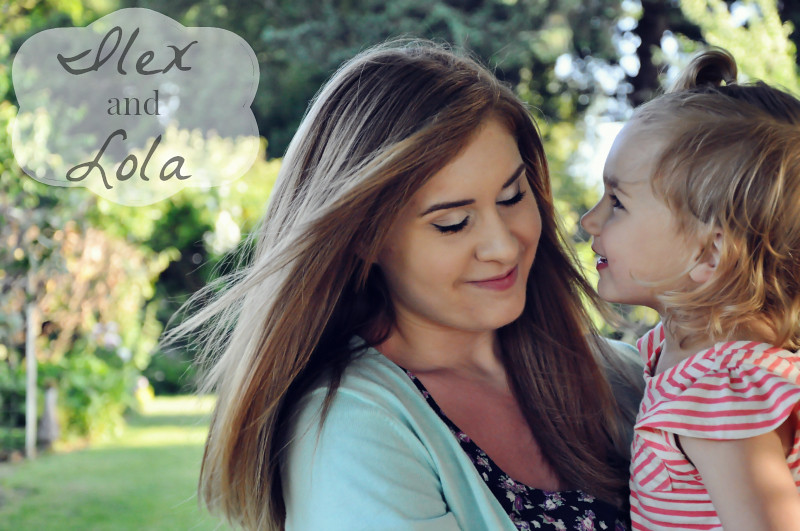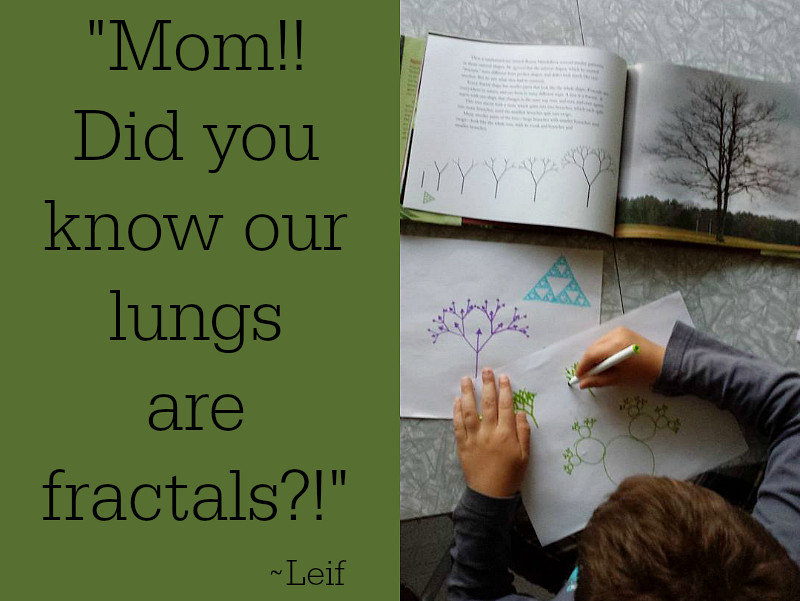Yes, I’m reading the Harry Potter series. I waited many years for several reasons (I won’t go into those now), but I purposefully reserved judgment until I had read the books for myself. And until now I wasn’t all that interested in reading them. But at the encouragement of many thoughtful, intelligent, Christian friends, I dove in. I’m so glad I did.
Levi finished the series in four days and has re-read most of them. Luke took a little longer (a couple weeks, maybe?), but he finished the series—a huge accomplishment for him. Leif is reading book 4 (again, a huge accomplishment for him—he has never read a book with 700 pages before!), and I think I’ll stop him there for now. I have just started book 6. We are also working our way through the movies as a family.
Last night, I also read a phenomenal analysis of Harry Potter, How Harry Cast His Spell. (Well, I read the earlier version, Finding God in Harry Potter, which was written before the Harry Potter books 6 and 7 were published—perfect to read without spoilers.) The author wrote from the perspective of a conservative Christian who is also classically educated (he majored in Greek and Latin).
This blog post is not intended to be a review of the series or a defense or a recommendation (other than I humbly believe everyone, particularly Christians, should read the analysis How Harry Cast His Spell regardless of whether they intend to read the series or not simply because it is a way to thoughtfully engage the culture). Maybe I’ll write a review when I’ve finished the series.
What I do want to share today is the epiphany I had this morning regarding the Art of Rhetoric (which is the topic on which I spoke for this year’s Classical Conversations Parent Practicum) and Harry Potter. I’ve sacrificed my house cleaning and organizing today to the incarnation of these thoughts and ideas in writing (practicing the art of rhetoric!) before they vanished from my brain in a dramatic and irreversible poof. I’m currently in the grammar stage of the Art of Rhetoric, so bear with me as I share my epiphany, as rough and unpolished though it may be.
_________________________________________________________________________________________________________________
John Granger, author of How Harry Cast His Spell, differentiates between invocational magic and incantational magic. Invocational magic in Harry Potter would be evil because characters would invoke spirits or dieties which cannot be neutral. But the “magic” in Harry Potter is incantational and neutral (I've heard it described as "scientific"), meaning it can be used for good or evil.
So I thought this morning about the Latin root "cantus" which means song or music.
Then I thought about multiple quotes from Stratford Caldecott (who incidentally has good things to say about John Granger’s Harry Potter analysis), particularly when he writes about the choral art being the foundation of the educational process, and how song, poetry, and story were all part of the choral arts in the classical tradition. Anthony Esolen, I believe, writes that we use music to form our children's souls during the grammar stage. But, in essence, we are talking about words.
Rowling, author of Harry Potter, implies an abundance of meaning and symbolism in the words she uses throughout the series. The spells in Harry Potter are mostly Latin words with very specific meanings. (My personal favorite is Expecto Patronum—“I look for the figure of my father” or even “I long for my savior/deliverer.” John Granger goes into some detail on the analysis of this one.)
So we have the art of using words to create. We are made in God’s image (Imago Dei) and He speaks everything into existence (ex nihilo, out of nothing) with the creative power of words—Logos.
Psalm 33:6 By the word (Logos) of the Lord were the heavens made, their starry host by the breath of his mouth.
John 1:1 In the beginning was the Word (Logos), and the Word was with God, and the Word was God. He was with God in the beginning.
John 1:14 The Word (Logos) became flesh and made his dwelling among us. We have seen his glory, the glory of the one and only Son, who came from the Father, full of grace and truth.
We practice being in His image by using words to create (the closest we as humans can experience creation out of nothing). Using words we can form worlds; we can create peace, love, or anxiety; we can bless or curse.
[I highly recommend reading Angelina Sanford’s Imago Dei and the Redemptive Power of Fantasy at CiRCE, if you’d like to read more on the topic.]
The art of using words (speaking and writing), also called rhetoric, is a power. The art of rhetoric is scientific, based on observation and reason, and language is a neutral power that can be used (because of our free will) for good or evil—to bless or to curse.
Rhetoric is being persuasive with words. The more skillful your art, the more power you have. (And one can have natural talent and/or one can cultivate the art with study and practice.)
Andrew Kern says, "Rhetoric without truth is manipulation; rhetoric with truth is enchanting the soul."
Let’s go back to the word “incantation.” Not only do we have the root word "cantus" which is song, but "incantare" which means "to enchant."
Plato defines rhetoric as ‘the art of soul-leading by means of words.’
So we have a crystal clear division in the Harry Potter series: We have the house of Gryffindor (literally “golden griffin”—half eagle (king of the animals in the sky) and half lion (king of the animals on earth)), the true Rhetoricians, using words (spells or enchantments) for truth, soul-leading, sacrificial love, and selflessness. And we have the house of Slytherin (with a serpent mascot), the Sophists, using words (spells) for trickery/deception, manipulation, power, and selfishness.
(This is a good place to mention that Andrew Kern also says that if there is no knowable truth, the only things we can teach are how to get power and how to manage feelings. I think this fits in nicely with a sophist agenda of power and personal gain/comfort/selfishness.)
And then we have the three unforgivable curses: Adavra Kedavra (the death curse, this points to the sanctity of life), Crucio (a torture curse about which John Granger says, “This points to the fact that cruel treatment of our fellow human beings translates to cruel treatment of God (Matthew 25:40).”), and Imperio (the curse of complete domination of thought and action, this points to the importance of a person's free will). So, while the "magic" or "spells" or "power of language" is neutral, it is not neutral to use it to destroy life, “crucify” our fellow human beings, or remove their free will.
In The Office Of Assertion: An Art Of Rhetoric For Academic Essay, Scott Crider writes:
“Rhetoric is “the care of words and things”; that care is associative, a practice one learns—and never stops learning—in the presence of others, the ones you lead and are lead by. Such soul-leading is a liberal power, one which in its finest and fullest manifestation is a form of love: the finest rhetorician not only loves wisdom, but also loves others who do so. The finest rhetor, then, is a friend.”
Let’s read that again.
“Such soul-leading is a liberal power, one which in its finest and fullest manifestation is a form of love.”
If you’ve read the Harry Potter series, you know what Rowling has to say about sacrificial love and death in every single book.
“Your mother died to save you. If there is one thing Voldemort cannot understand, it is love. He didn’t realize that love as powerful as your mother’s for you leaves its own mark…Quirrell, full of hatred, greed, and ambition, sharing his soul with Voldemort, could not touch you for this reason. It was agony to touch a person marked by something so good.”







